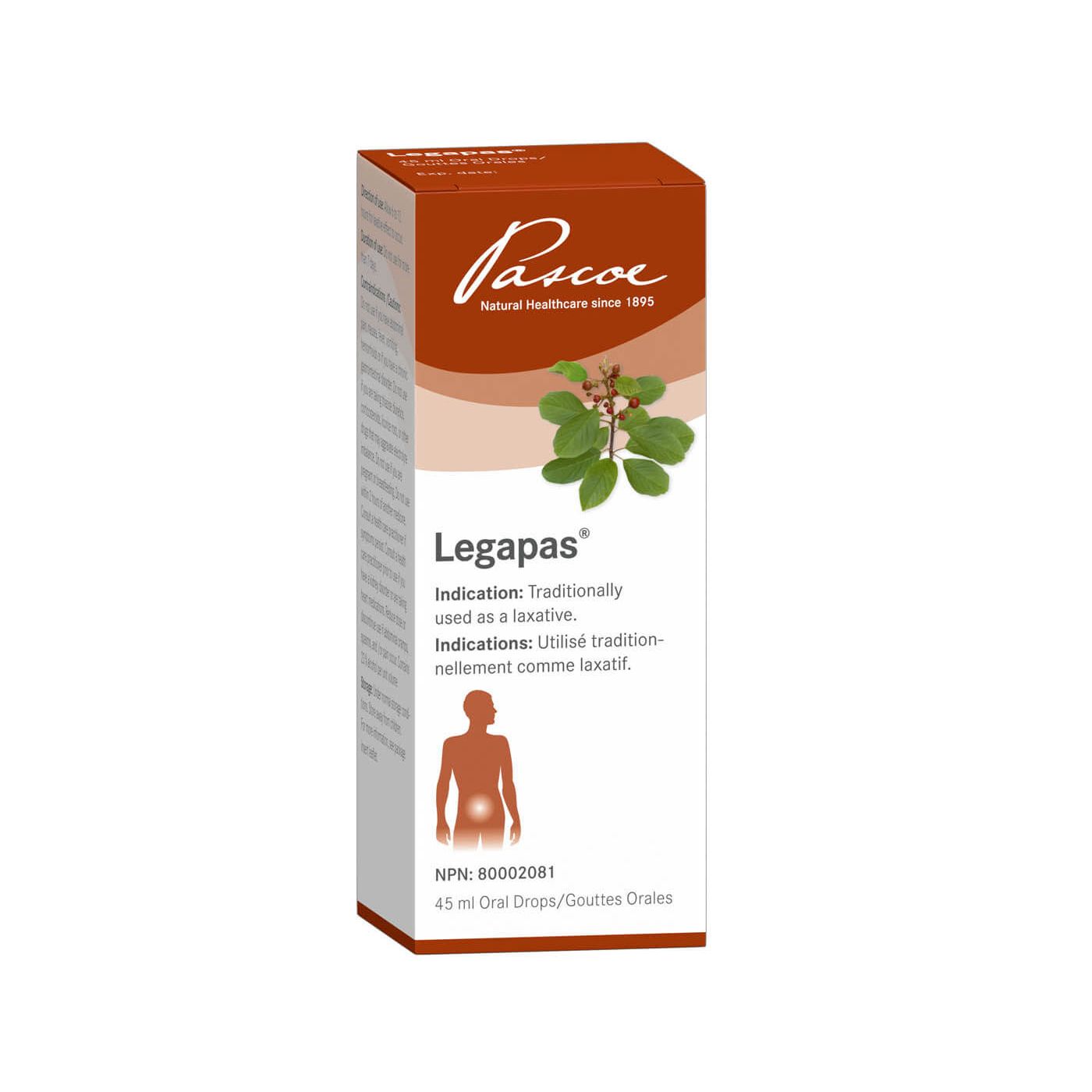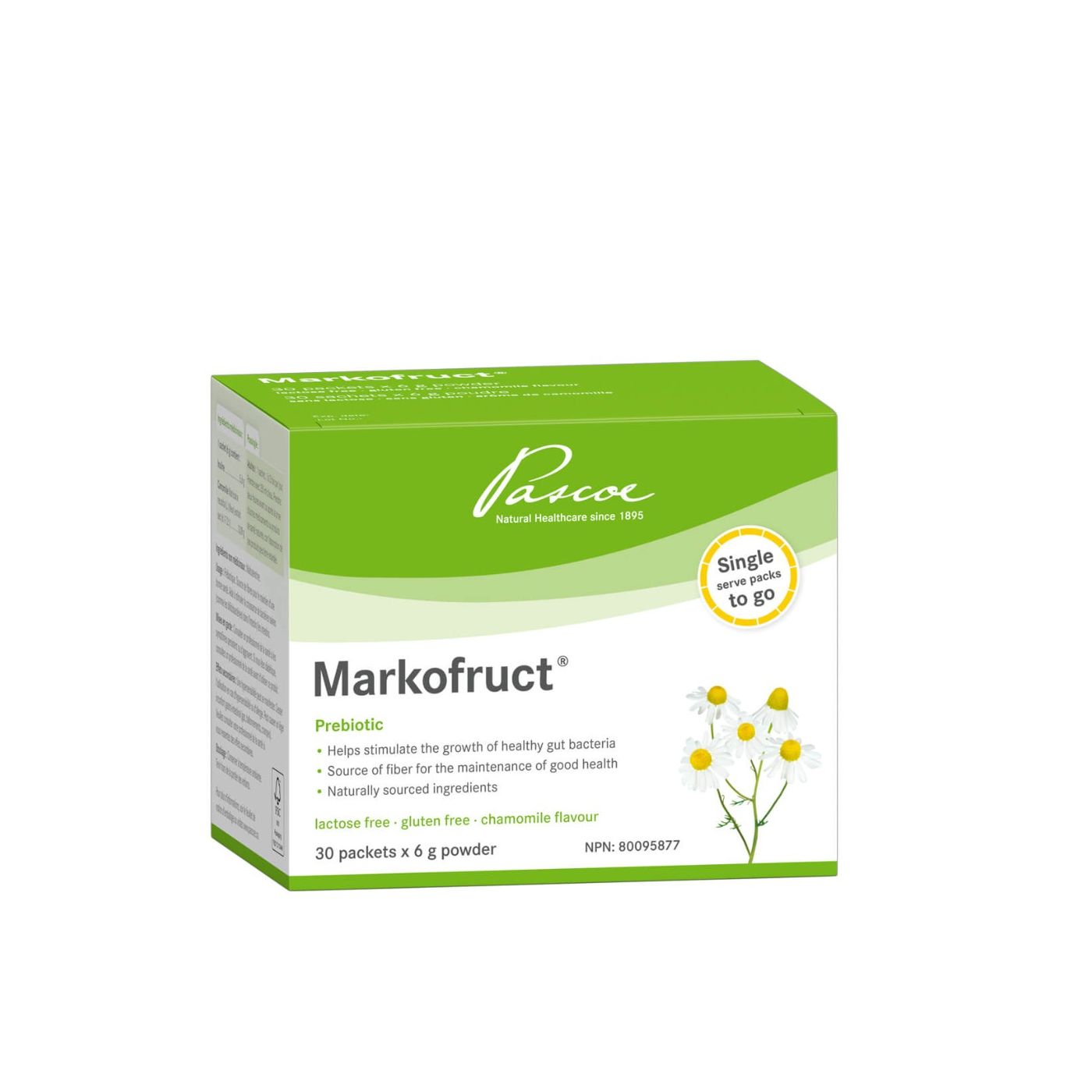Laxatives - which one is right for you?
There are few things more frustrating than feeling backed up and constipated.
From time to time, we all experience digestive problems at some point. Thankfully, there are several natural ways to get things moving normally again.
By definition, constipation is a condition in which an person experiences infrequent bowel movements. Generally this means fewer than three bowel movements a week. But everyone is different. The length of time between bowel movements is unique to each person. However, a bowel movement every three days or longer is usually too long. Constipation is generally associated with a high level of difficulty passing stool which persists for several weeks or longer. Individuals may also report abdominal pain and having lumpy or hard stools. Constipation may also cause individuals to feel as though they have not fully emptied their bowels.


Constipation occurs when the colon absorbs too much water from waste. To back up a bit, we know that food moves through the digestive tract. During transit, nutrients are absorbed. The partially digested food (waste) passes through the small intestine to the large intestine. The large intestine is also known as the colon. While in the colon, water is absorbed from this waste which creates stool. For individuals with constipation, food may move too slowly through the digestive tract. As a result, the colon has more time (too much) to absorb water from the waste. The stool becomes dried out which makes it hard in consistency and difficult to pass out the rectum.
Types of Laxatives
Have you ever noticed that the aisles of a pharmacy or grocery store are chocked full of different types and brands of laxatives? From stool softeners to osmotic laxatives and stimulant laxatives. There are many effective laxatives available over-the-counter to treat occasional constipation or chronic constipation. But choosing which one is right for you can be difficult. It is important you read and follow the label on the laxative. Laxatives available over-the-counter work in different ways. It is recommended that individuals explore the root cause of their constipation. There is a wide range of possible causes of constipation. More often then not, lifestyle, medications, medical conditions and pregnancy can disrupt normal bowel function.
Stimulating Laxatives
How it Works: Stimulant laxatives act directly to irritate and stimulate the tissue of the small and large intestines.
Benefits: Stimulant laxatives are fast-acting and effective on a short-term basis. Stimulant laxatives offer constipation relief within 6 to 12 hours.
Side Effects: Stimulant laxatives may cause belching, cramping, and nausea. Side effects may also include diarrhea and urine discoloration.
Natural Laxatives or Brands: Senna, Cascara, Aloe Leaf, Castor Oil, Dulcolax (contains bisacodyl), Peri-colace (contains ducosate and sennosides), Senokot, Correctol, Fleet (contains bisacodyl), Ex-Lax, Bisacodyl.
Bulking Laxative
How it Works: Bulk-forming laxatives work by absorbing water to form soft, bulky stool. This encourages normal contraction of intestinal muscles and the bowel to relieve constipation.
Benefits: Laxatives are usually non-soluble fibers. Generally safe for long-term use. Bulk-forming laxatives are effective within 12 to 72 hours.
Side Effects: Bulk-forming laxatives may cause bloating, cramping, and gas. Take bulk-forming laxatives with lots of water.
Natural Laxatives or Brands: Large flake oats, Psyllium, Flax, Wheat bran, Benefiber, Citrucel, FiberCon, Metamucil.
Osmotic Laxative: saline laxatives and lactulose
How it Works: Lactulose and saline laxatives are non-absorbable substances. They work by drawing water into the bowel. This allows for easier passage of stool through the rectum.
Benefits: Osmotic laxatives are faster acting. May be effective in 30 minutes to 6 hours.
Side Effects: Cramping, bloating, gas, diarrhea, and nausea. Lactulose laxatives may also cause increased thirst. May also cause an electrolyte imbalance. Polyethylene glycol 3350 may be habit-forming.
Natural Laxatives or Brands:


Phillips' Milk of Magnesia, Miralax, Magnesium-based laxative (magensium citrate or hydroxide), Phospho-Soda, Polyethylene glycol 3350.
Stool Softeners
How it Works: Stool softeners are also known as emollient laxatives. Stool softeners function by adding moisture to the stool to prevent hardening. Stool softeners are used to prevent rather than treat constipation.
Benefits: Generally safe and well tolerated laxative. Provides slow-relief. Usually effective within 24 to 48 hours.
Side Effects: Stool softeners may cause an electrolyte imbalance with prolonged use. Dulcolax Stool Softener and docusate sodium may cause side effects. This includes stomach pain, diarrhea, or cramping.
Natural Laxatives or Brands: Colace (ducosate sodium is the active ingredient in colace), Surfak (contains docusate), Correctol: contains docusate, Docusate, Dulcolax Stool Softener (contains docusate sodium), Docusate sodium.
Lubricant Laxative
How it Works: Similar to stool softeners, laxatives lubricate the intestine and decrease water absorption from the intestine. This facilitates stool passage in the bowels.
Benefits: Laxative effect within 6 to 8 hours.
Side Effects: May include gas, mild bloating, and diarrhea. Stomach pain may also occur.
Natural Laxatives or Brands: Magnesium hydroxide, Mineral oil, Liquid petrolatum.
Causes of Constipation:
- Low fiber intake
- Dehydration or not drinking enough water
- Changes to daily routine - travel, change in bedtime or eating
- Stress
- Lack of activity
- Laxative abuse
- Some medications: non steroidal anti-inflammatory medications, opioid-induced constipation, iron pills, antidepressants, narcotics
- Medical conditions: irritable bowel syndrome, colon cancer, hypothyroidism, neurological conditions, pregnancy or breast-feeding
Natural Laxatives and Home Remedies
Eat More Fiber
If you haven't already heard, a high-fiber diet is good for digestive and gut health. Even more, fiber may also lower blood sugar levels, promote weight loss and improve severe constipation. Fiber is the non-digestible carbohydrates found in plant foods, including, nuts, seeds, whole grains, fruit and vegetables. Sweet potatoes are a fiber-rich food. They contain about 4 grams of fiber. Dark leafy greens are also low in calories but pack a fiber punch. Leafy greens such as Kale, collard greens, and spinach offer an impressive nutrient profile. Aloe vera contains laxative compounds called anthraquinones. Aloe Vera is a stool softener and lubricant, making it easier to pass. Chia seeds are also touted as a nutritious food. Adding 2 tablespoons of chia seeds offers 11 grams of fiber.
Keep in mind there are two types of dietary fiber: soluble and insoluble. Soluble fiber works by attracting water which creates a gel like consistency. Soluble fiber, ultimately slows digestion in the digestive system. Insoluble fiber passes through the small intestines without breaking down. This is important for digestion as insoluble fiber adds bulk to the stool. In cases of constipation or irritable bowel syndrome, adding fiber to your diet can create a laxative effect.
Prebiotic and Probiotic Supplements
Probiotics are live bacteria naturally found in fermented food to enhance the gut microbiome. A systematic review of 14 studies found that probiotics slowed "gut transit time" by 12.4 hours. In turn, this increased the number of bowel movements per week by 1.3. The trials also found that probiotics helped soften stools, making them easier to pass. Prebiotics are also an important dietary fiber to feed the friendly bacteria in your gut.


Probiotics needs prebiotics to work effectively. Prebiotics are present in fiber-rich foods. Prebiotics also enhance digestion and metabolism. Markofruct is a natural remedy and prebiotic product. Markofruct supports the healthy balance of the gut flora. It may also provide relief to chronic constipation.
Exercise and Drink More Water
A home remedy for constipation may as simple as adjusting your lifestyle habits. Drinking more water and exercising can help prevent or relieve constipation. Physical movement can be bowel-stimulating as it activates the muscles in your colon and intestines. For those who constipate easily, increased water intake helps move food through the digestive tract. Increasing your daily fluid intake can prevent hardening and have a stool softener effect.
Natural Laxatives
Looking to skip drug store brands like Dulcolax? Here are supplements and natural laxatives that contain sugar-free herbal ingredients:
- Cascara Sagrada: a popular herbal laxative with a stimulating effect. The stimulant laxative works by irritating the colon to promote bowel movements and relieve constipation. Legapas is Pascoe's herbal remedy that contains 500 mg of cascara sagrada. Legapas works within 6 to 12 hours. It is gentle and not habit-forming.
- Psyllium: a natural fiber supplement that works by bulking up the stool. The bulk-forming agent is fiber-based and is often used to treat chronic constipation. Metamucil offers psyllium fiber supplements.
- Senna: recommended for short-term use, senna contains sennosides that irritate the bowel to cause a laxative effect. Senna is available in oral form or as a rectal suppository. Ex-lax and Senokot both contain senna.
- Omega-3: Oils such as Omega-3 or mineral oil act as natural laxatives. They lubricate and add moisture creating a stool softener effect. Mineral oil can also absorb fat-soluble vitamins from the intestine.Mineral oils are available in liquid or oral form, or as a rectal enema.
It is always important to consult your health care provider or gastroenterologist before taking any other drugs or over-the-counter laxative. Avoid using laxatives long-term and be cautious of laxative abuse.




